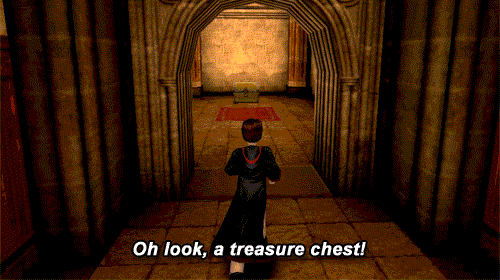One of my favorite past-times is browsing the web for writing advice. It’s a nice way to procrastinate whilst feeling productive (I know you know what I’m talking about, I see you there). When it comes to tips and tricks editors are a go-to. They have been of immense help to me on my writing journey, so much more so than accomplished authors themselves.
There is, however, a particular piece of advice that always unnerved me. The point of no return has been proclaimed a plot essential by every single editor I came across, and I just can’t help but disagree.
What Is the Point of No Return?
If you’re an aspiring writer you’ve probably heard about it but, just in case you haven’t, here is, verbatim, a definition taken from an Oxford dictionary:
The point of no return is the point in a journey or enterprise at which it becomes essential or more practical to continue to the end instead of returning to the point of departure.
What this translates into in storytelling is:
- There must come a plot point at which your hero can no longer physically return to the point at which they started.
Or:
- There must come a plot point at which your hero decides it is no longer practical or in their interests to go back to the point from which they started, and they can achieve more by moving forward.
Or:
- There must come a plot point at which the stakes are so high for a hero that, even if they’re willing and able to go back, a huge loss is inevitable if they do (The hero opened the door to get the princess but saw an invincible dragon guarding her. He had an option to flee, go back home, make a cup of tea and let it all blow over. But the princess has been previously set up as a high stake and therefore it is not practical for him to go back).

So, why do editors like this PONR stuff so much? Why do they insist on it? Well, it’s because they want to avoid the reader asking one simple question. They want to avoid the dreaded –Why don’t they just go back- line. The premise is: If the readers find themselves asking this question this means the story is boring. If at every turn the main character has the option to go back to the point of departure the story is not exciting. It’s simple, right? If we just insert PONR at various intervals in the story that question would not be asked.
So, why do I think that the point of no return is not a plot essential then? It’s because I think that why don’t they just go back is not a bad question. I believe that the whole premise the point of no return is based on is wrong, and the reason for me thinking that is a little something called the sunk cost fallacy.
The sunk cost fallacy is a cognitive bias which keeps people engaged in endeavors bad and unprofitable for them simply because they’ve already invested time and resources in those endeavors. It is a fallacy present in gamblers in which, after a winning streak, they keep gambling rather than withdrawing their winnings and walking away.
Think about it. The hero manages to save the princess while leaving the dragon unharmed. He has the option to take her home and live happily ever after. But, it just so happens that the dragon is guarding a golden egg that would make him crazy rich. So, instead of walking away with the princess, he remains engaged in a dangerous situation risking losing both his life and the princess. Why? Because he’s greedy. Because of his character flaw.

The sunk cost fallacy contradicts the point of no return and it seems as though they cannot co-exist. This means that while building your story you have to choose one. And my advice would be to choose the sunk cost. The main reason for this option would be far superior character development. The protagonist has the option to go back at every turn, every plot point, every second of the story but they choose not to. This makes their obstacle internal and on going. There is a difference, you must admit, between making a bad decision once and making bad decisions constantly one after another. That makes their character flaw that much more of a plot-driver and this is what you want, this is what you always want.
And before you start worrying about boring your readers because they asked the why don’t they just go back question, think back to Breaking Bad and the fact that Walter White had the chance to stop making drugs at every single point in the show. Think back to any gambling movie where you just knew that a winning streak had to end badly. You were yelling at the screen, weren’t you? You wanted them to withdraw their winnings and go home before they lose it all. And, tell me something, while you were sitting there yelling at the characters to just go back – were you bored?